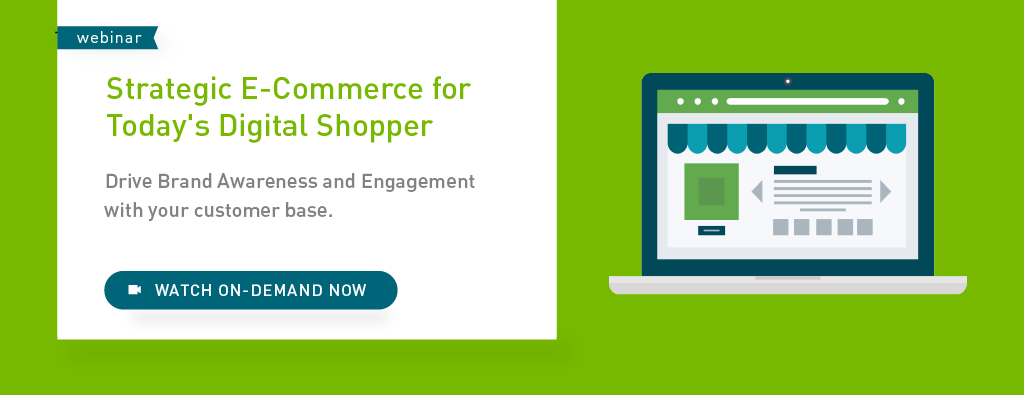Prepping for Growth – Building a Scalable Ecommerce Platform
Creating a scalable ecommerce platform is one of the most important, but also one of the most overlooked, aspects of choosing an ecommerce site. Often, in the beginning stages of development of an ecommerce platform, the focus is on current needs and wants without any regard for the future. Factoring in growth of content, platform selection and server requirements will prevent headaches and poor performance. Let’s take a closer look:
Scale Across Content
Scale across content takes many forms in the planning of an ecommerce application. Some questions to ask during the initial planning might include:
- How many products do I have now?
- How many products do I see the organization having in one to two years?
- Does my current plan include the ability for different product types in the future?
- Can I include different content types on product pages, such as, videos, reviews and product white papers?
Choosing a Platform
There are many different scalable ecommerce platforms, so choosing one that supports these features should be top-of-mind. Some questions you might ask yourself in this selection are:
- Am I choosing a platform that allows for high traffic?
- Does my platform support caching, and if so, at what level?
- Will I need more future functionality out of my scalable ecommerce platform, such as, customer service representative features, advanced reporting, etc.?
Flexibility of a Platform
Choosing a flexible ecommerce platform that allows for easy extensibility could save future headaches when new features are required. Some platforms allow tradeoffs for selecting one that is nonextensible. Most of these platforms are SaaS (Software as a Service) based, which means you don’t have to worry about the maintenance and upgrades of the platform. By going this direction, you may save yourself considerable worries with maintenance, but often at the expense of new features and future development.
With a self-hosted platform, most of the extensibility considerations aren’t needed since you have access to the code. Common options include:
- WooCommerce
- Magento
Considerations for server scalability should also be considered for self-hosted options. Ensuring you have the ability to scale up to multiple servers to distribute load, as well as distributing that load across different geographic regions, are important things to keep in mind. Setting up a good caching system such as Memcached will help absorb high traffic by decreasing the calls to the database.
Pyxl has extensive knowledge in both SaaS and self-hosted ecommerce platforms, and understands that web properties are not one-size-fits-all. No matter which direction you choose to take in your platform, proper planning and preparation with scalability will help eliminate the dreaded downtime and poor performance. Contact us to get started finding the right ecommerce platform for your tailored needs.

Updated: Apr 13, 2022
 Bonnie Winter
Bonnie Winter Kati Terzinski
Kati Terzinski Erin Murray
Erin Murray